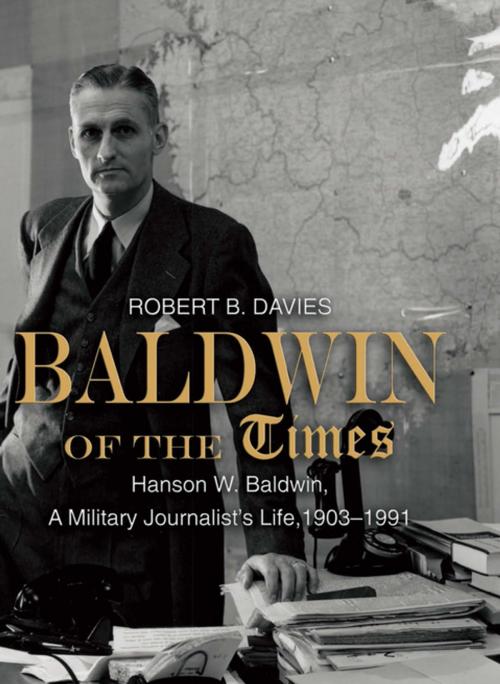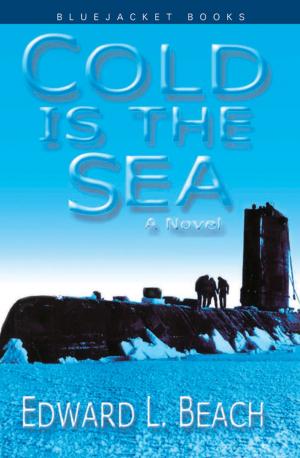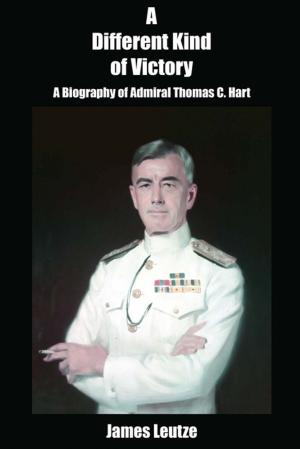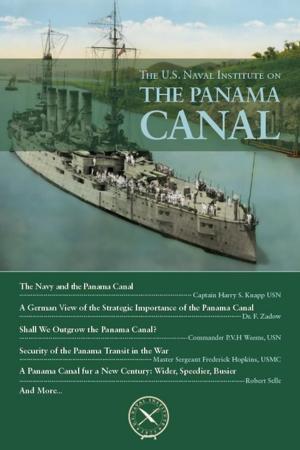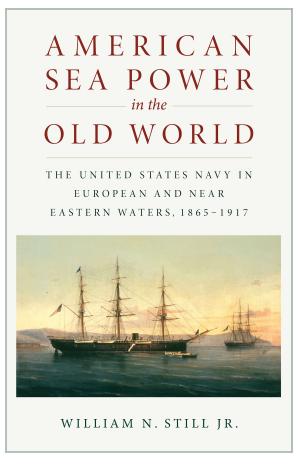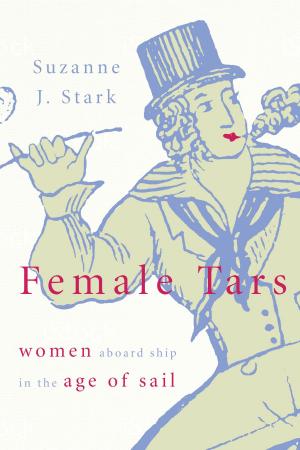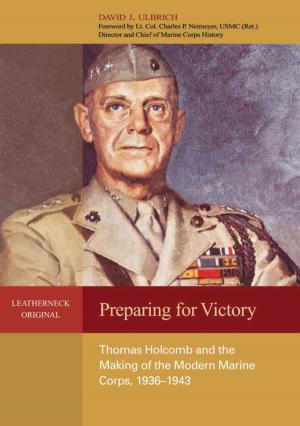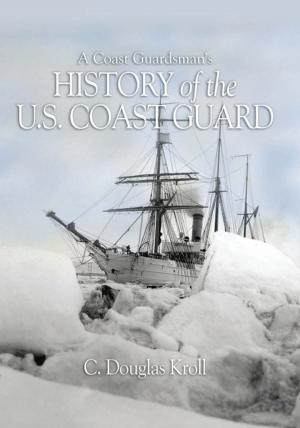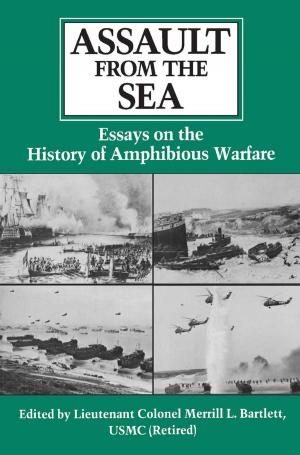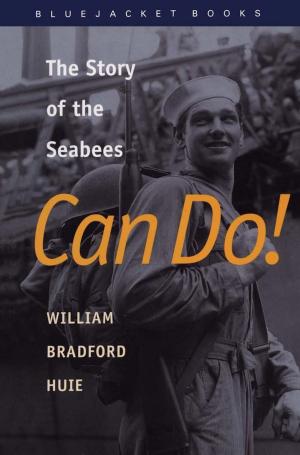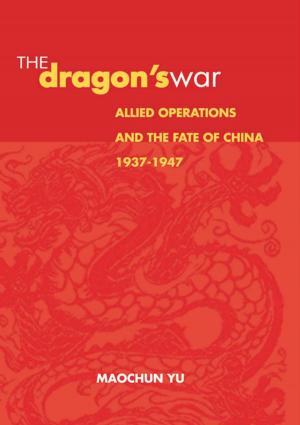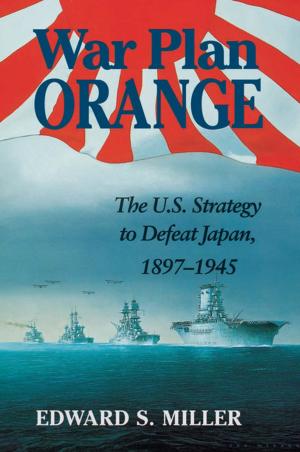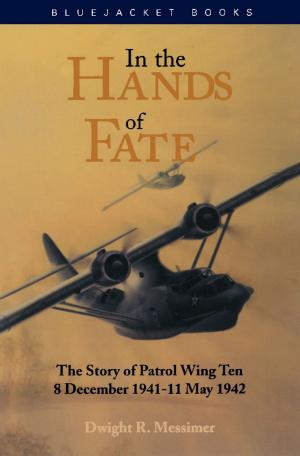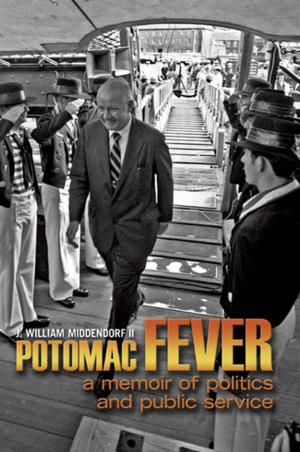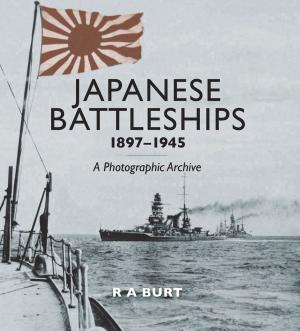Baldwin of the Times
Hanson W. Baldwin, a Military Journalist's Life, 1903-1991
Nonfiction, History, Military, Other| Author: | Robert Davies | ISBN: | 9781612514581 |
| Publisher: | Naval Institute Press | Publication: | September 2, 2013 |
| Imprint: | Naval Institute Press | Language: | English |
| Author: | Robert Davies |
| ISBN: | 9781612514581 |
| Publisher: | Naval Institute Press |
| Publication: | September 2, 2013 |
| Imprint: | Naval Institute Press |
| Language: | English |
Hanson W. Baldwin was America's best-known military writer and analyst in the 20th Century covering conflicts from World War II to the Vietnam War. He was the military editor of the New York Times for forty years and his dispatches from Guadalcanal and the Western Pacific won him a Pulitzer Prize in 1943.This first biography of this Naval Academy graduate begins with an appreciation of the human and literary values learned from his Baltimore newspaper family. His midshipman years, 1920-1924, taught him the value of concentration. After three years of active service, he chose the life of a professional writer. A few days before the 1929 stock market crash, he joined the New York Times as a reporter. His career was advanced by the patronage of the Times publisher and by the talk of another European war in 1937. He won a Pulitzer Prize in 1943 for his Guadalcanal series. After 1945, he thought the atomic bomb to be of limited use on the battlefield as well as in the politics of the Cold War. His news scoops upset many but were in keeping with his determination to tell his readers what its government was doing. His continuing criticism of Secretary McNamara's management of the Vietnam War and the Times management's annoyance with his pro-war position contributed to his decision to retire in March 1968. Later, he could only observe and to complain over the decline of American values and its harmful effects on the military. After his retirement he continued to write articles on military affairs for the news columns and Op-Ed page of the New York Times.
Hanson W. Baldwin was America's best-known military writer and analyst in the 20th Century covering conflicts from World War II to the Vietnam War. He was the military editor of the New York Times for forty years and his dispatches from Guadalcanal and the Western Pacific won him a Pulitzer Prize in 1943.This first biography of this Naval Academy graduate begins with an appreciation of the human and literary values learned from his Baltimore newspaper family. His midshipman years, 1920-1924, taught him the value of concentration. After three years of active service, he chose the life of a professional writer. A few days before the 1929 stock market crash, he joined the New York Times as a reporter. His career was advanced by the patronage of the Times publisher and by the talk of another European war in 1937. He won a Pulitzer Prize in 1943 for his Guadalcanal series. After 1945, he thought the atomic bomb to be of limited use on the battlefield as well as in the politics of the Cold War. His news scoops upset many but were in keeping with his determination to tell his readers what its government was doing. His continuing criticism of Secretary McNamara's management of the Vietnam War and the Times management's annoyance with his pro-war position contributed to his decision to retire in March 1968. Later, he could only observe and to complain over the decline of American values and its harmful effects on the military. After his retirement he continued to write articles on military affairs for the news columns and Op-Ed page of the New York Times.
